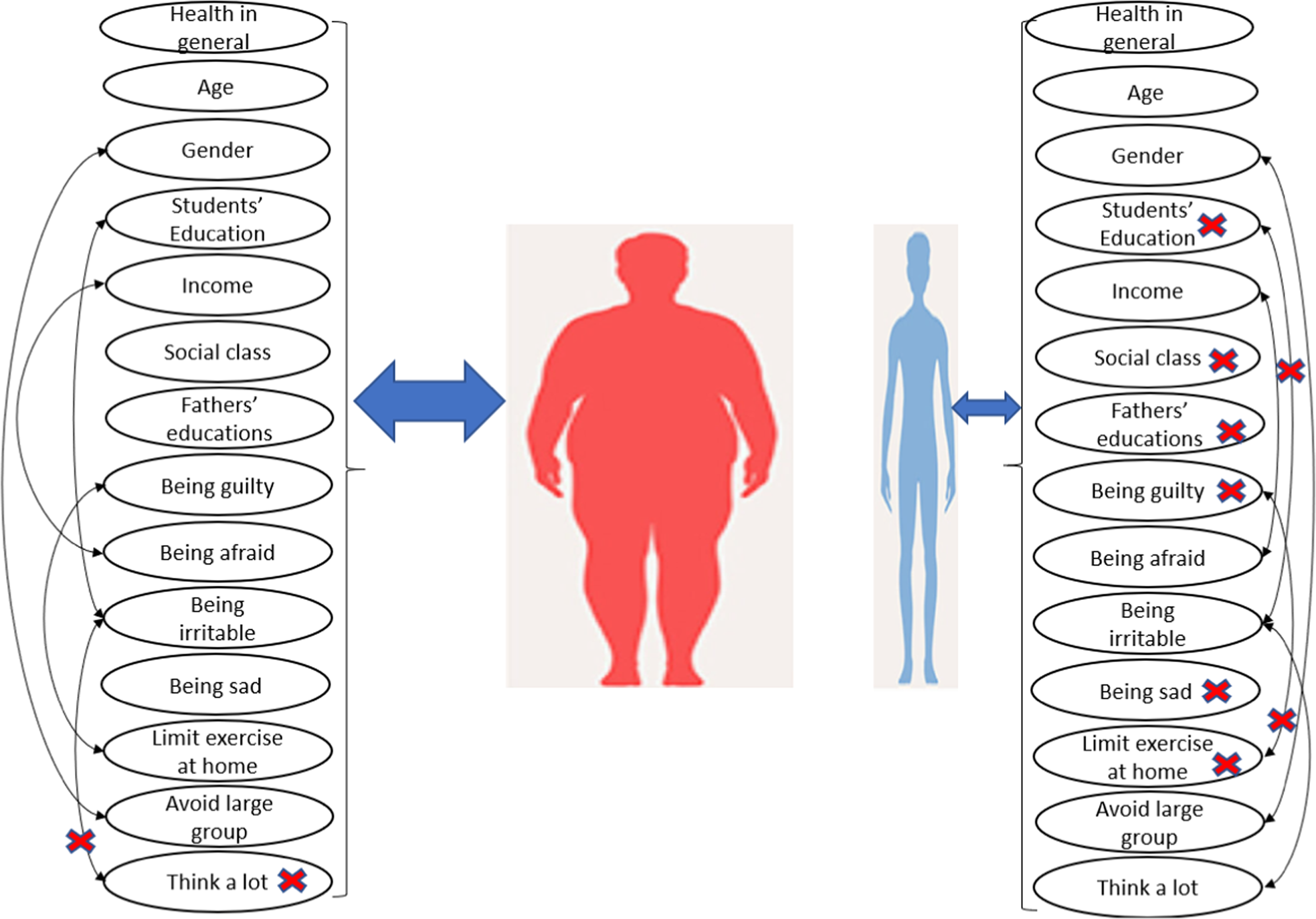
Alzheimer’s disease is the most common type of DEMENTIA – usually a progressive condition that’s marked by development of multiple cognitive deficits (such as memory impairment, aphasia, and the inability to plan and initiate complex behavior).
Most of the people suffering from this condition have to move to Alzheimer’s care facilities to take better care of themselves. Once a person starts showing signs – memory loss and problems with learning, judgment, communication, and daily life – there aren’t any treatments that can stop or reverse them.
Fortunately, there are drugs and non- drug options that may help treat and ease some. They can slow down how quickly the disease gets worse, and help the brain work better for longer. It’s important to talk to your doctor about which option may work best for you.
Table of Contents
Causes
The exact cause of Alzheimer’s disease is not yet fully understood, although a number of things that may increase your risk of developing the condition, includes:
Lifestyle, or your everyday habit
Existing conditions associated with cardiovascular disease
Increasing age
Untreated depression, although depression can also be one of the symptoms of Alzheimer’s disease
A family history of the condition
Symptoms
Alzheimer’s disease is a progressive condition. This syndrome (a group of related symptoms) is associated with an ongoing decline of multiple brain functions which affects memory, thinking skills and other mental abilities. It also has symptoms that gradually develops over many years, which eventually worst, become more severe.
As the condition develops, memory problems become more severe and further symptoms can develop, such as:
- Confusion, disorientation and getting lost in familiar places
- Forgetting about recent conversations or events, and forgetting the names of places and objects.
- Difficulty in planning or making decisions
- Problems with speech and language
- Personality changes, such as becoming aggressive, demanding and suspicious of others
- Hallucinations (seeing or hearing things that are not there) and delusions (believing things that are untrue)
- Problems moving around without assistance or performing self-care tasks
- Low mood or anxiety
Who is Affected?
Alzheimer’s disease is most common in people over the age of 65 (estimated 1 in 14 people over the age of 65 and 1 in every 6 people over the age of 80). The risk of Alzheimer’s disease and other types of dementia increases with age. Around 1 in every 20 cases of Alzheimer’s disease affects people aged 40 to 65. This is called early- or young-onset Alzheimer’s disease.
Choosing A Treatment
Best treatment will be based on the few things about you such as:
Your age, overall health, and medical history
Severity of the disease
How well a medicine or therapy will work for you and your lifestyle
Your preferences or those of your family or caregivers
Some drugs curb the breakdown of a chemical in the brain, called acetylcholine, that’s important for memory and learning. They may slow down how fast symptoms get worse for about half of people who take them for an of average 6 to 12 months. Three drugs of this type: donepezil (Aricept), galantamine (Razadyne), and rivastigmine (Exelon).
- Aricept is the only treatment approved by the FDA for all stages of Alzheimer’s disease: mild, moderate, and severe. You can take it as a tablet that you swallow or that dissolves in your mouth.
- Razadyne (formerly called Reminyl) is also for mild to moderate Alzheimer’s. You can get it as a tablet that works right away, a capsule that gives off the medicine slowly, and in liquid forms.
- Exelon is for people who have mild to moderate Alzheimer’s. You can wear a skin patch that has the drug, or take it in capsules and in liquid form.
- Memantine (Namenda)treats moderate-to-severe Alzheimer’s disease. It alters the amount of a brain chemical called glutamate that has a huge part in learning and memory. Namenda keeps the levels of that chemical in check. It may improve how well the brain works and how well some people can do everyday tasks.
- This drug is a mix of Namenda and Aricept. It’s best for people with moderate to severe Alzheimer’s who already take the two drugs separately
Marijuana For Alzheimer’s Disease
Some research studies suggest cannabis could help to manage a few behavioural symptoms of dementia, such as agitation and aggression. Products such as cannabis oil (CBD oil), can stop, slow, reverse or prevent the diseases that cause dementia, some studies show. But more research is needed to understand the long-term effects of taking cannabis, and whether it is an effective and safe way to tackle dementia symptoms.
In an August 2019 study, a research trend of dementia treatment using cannabis for the purpose of providing the basis of cannabis use for medical purposes in the future is discussed and provide results that the CBD components of cannabis might be useful to treat and prevent AD because CBD components could suppress the main causal factors of AD. Moreover, it was suggested that using CBD and THC together could be more useful than using CBD or THC alone. This study brought up more and more patients to buy marijuana online in aim to cure Alzheimer’s disease. https://www.ncbi.nlm.nih.gov/pmc/articles/PMC6970569/


:max_bytes(150000):strip_icc()/hypersexuality-f7219c0faf93488b82402d4f9d20e454.jpg)



